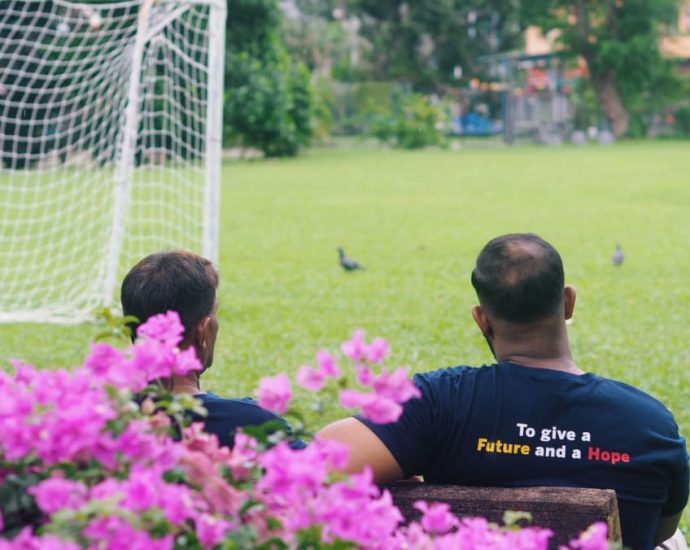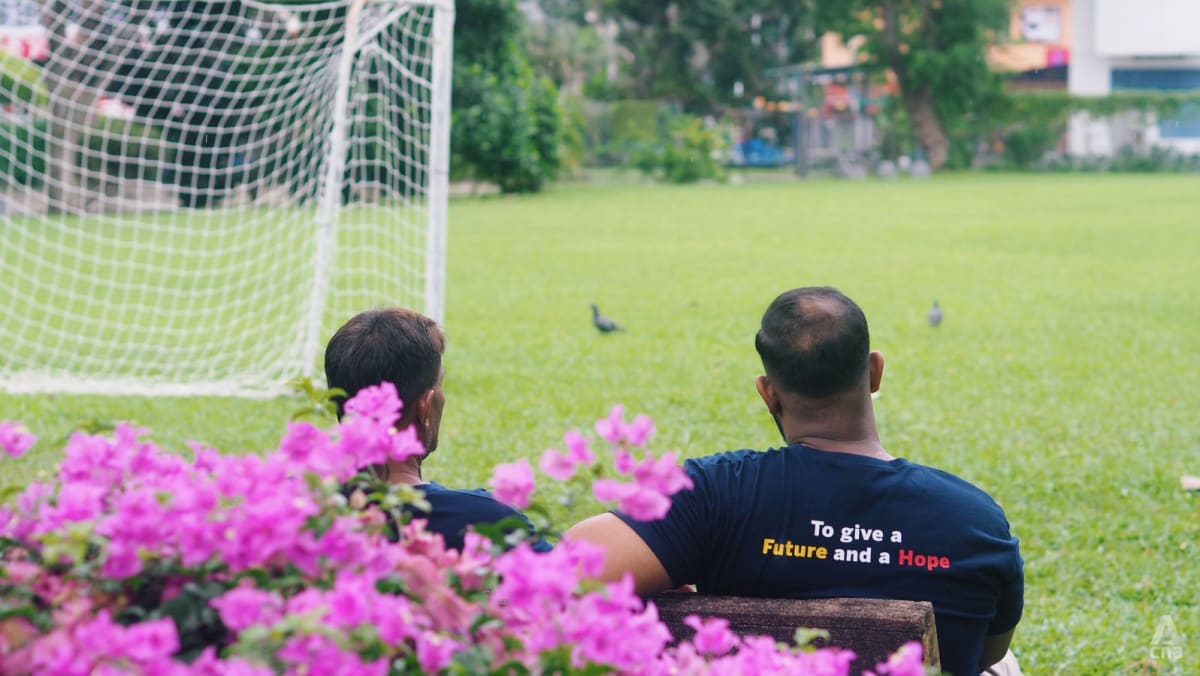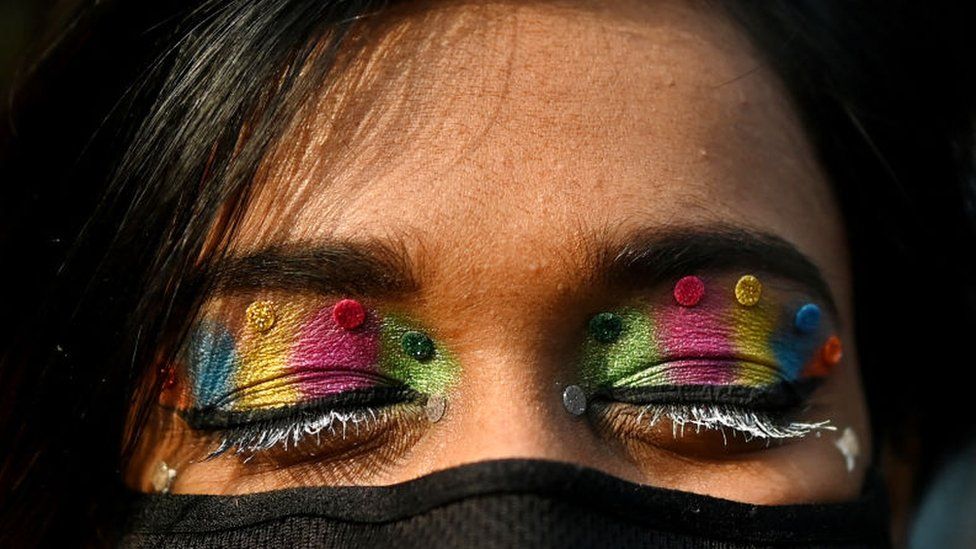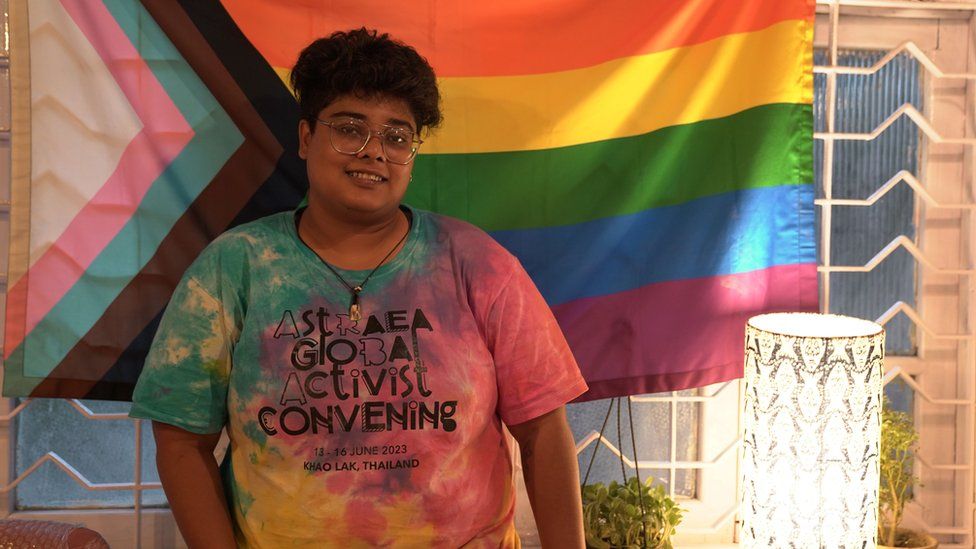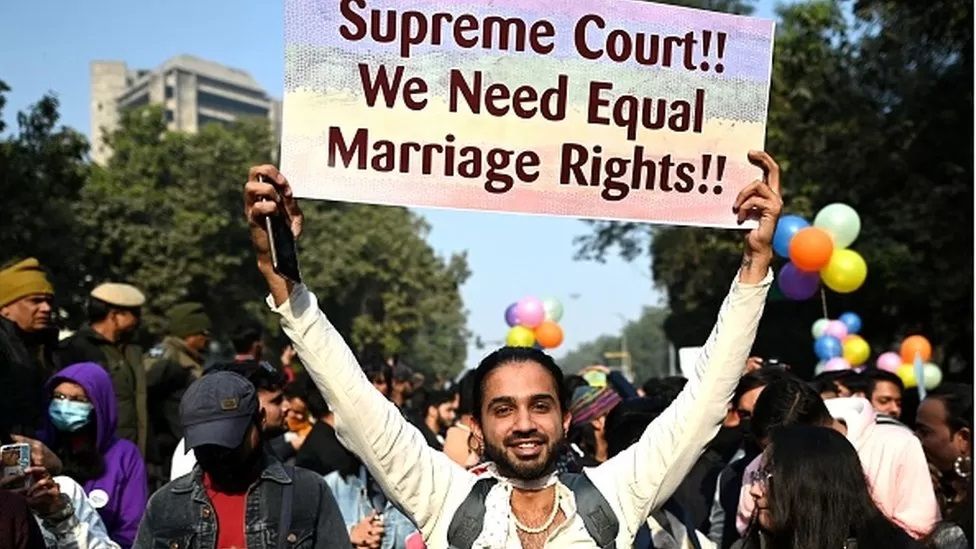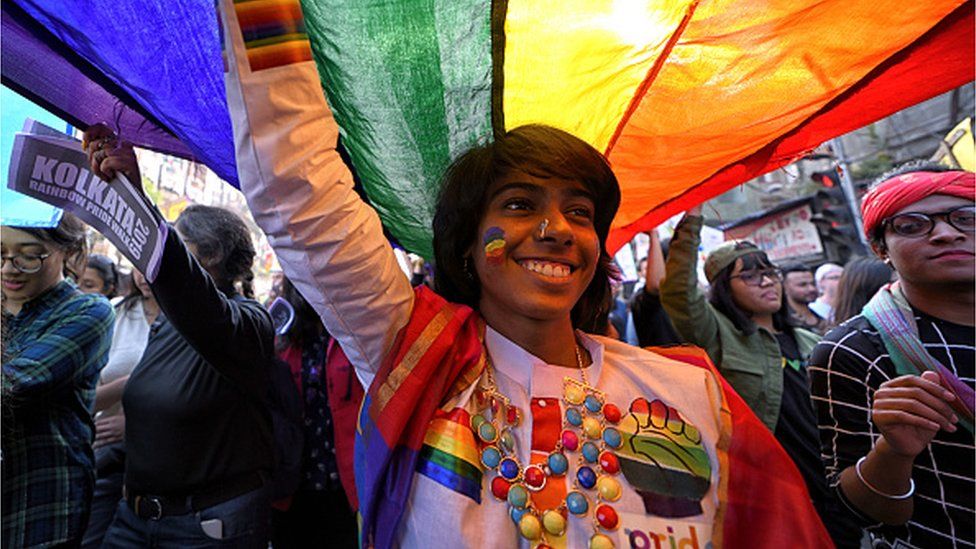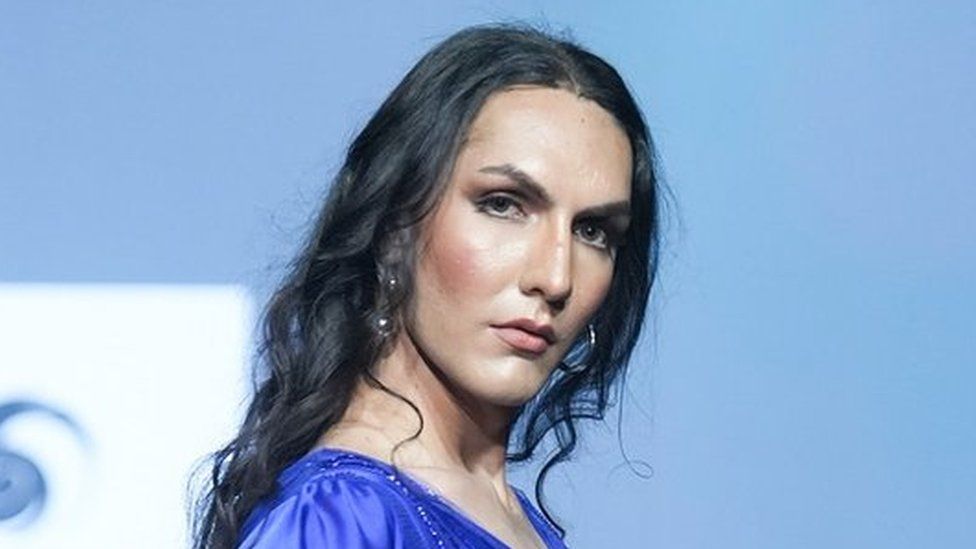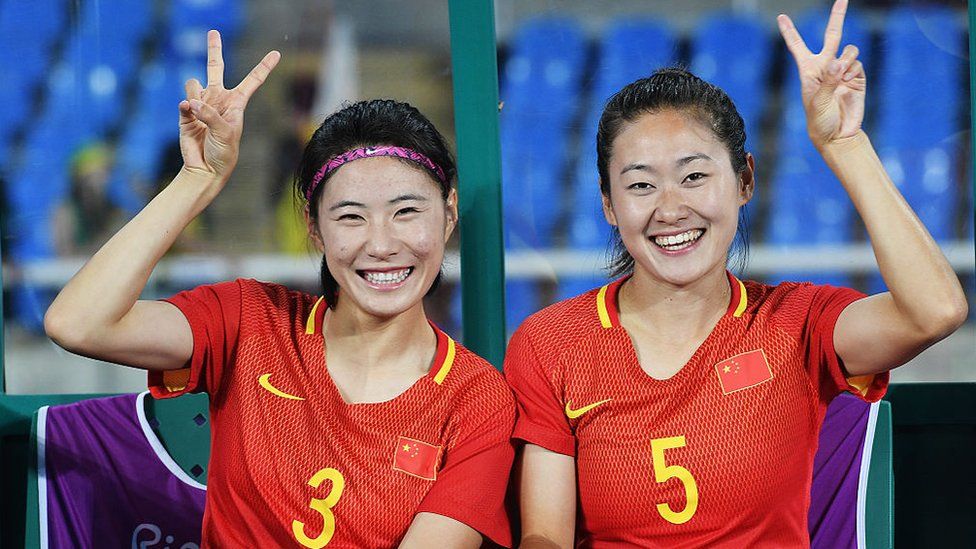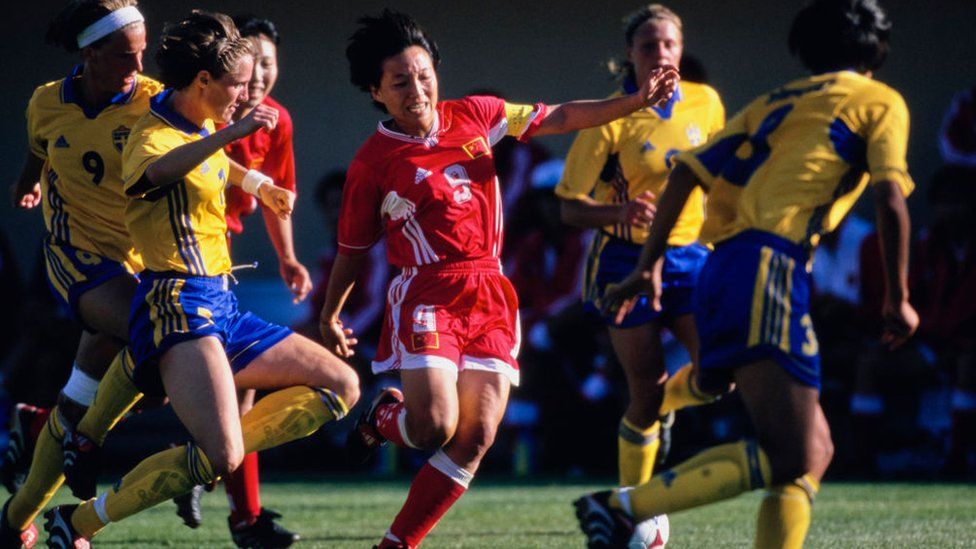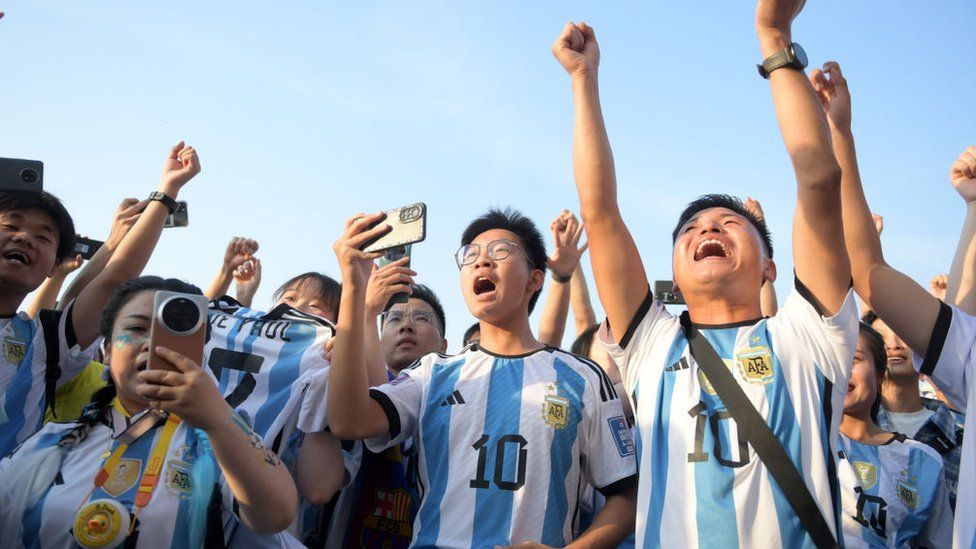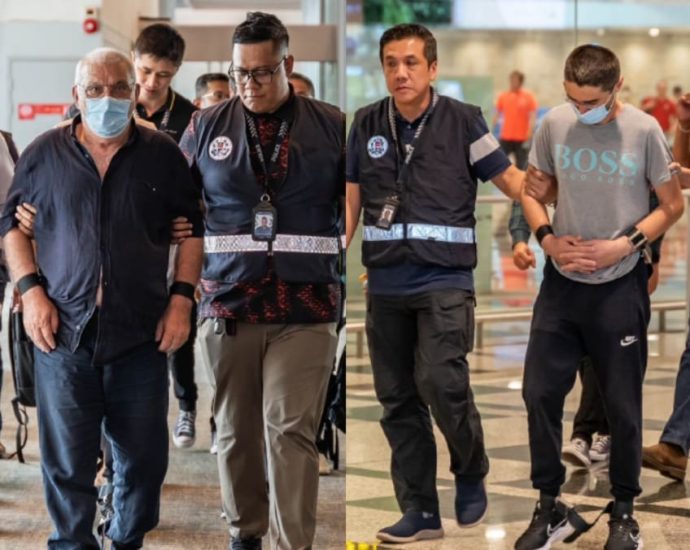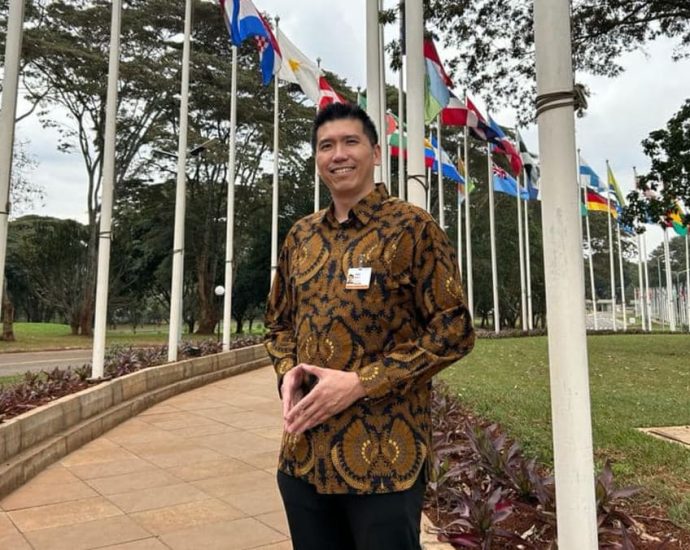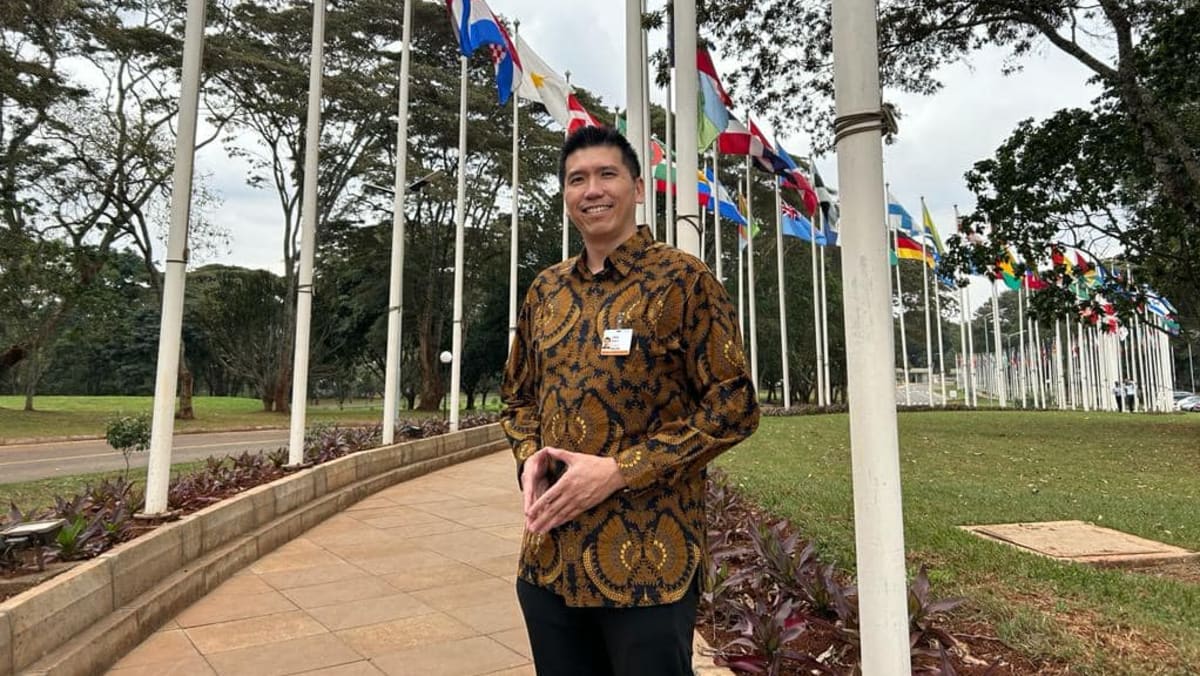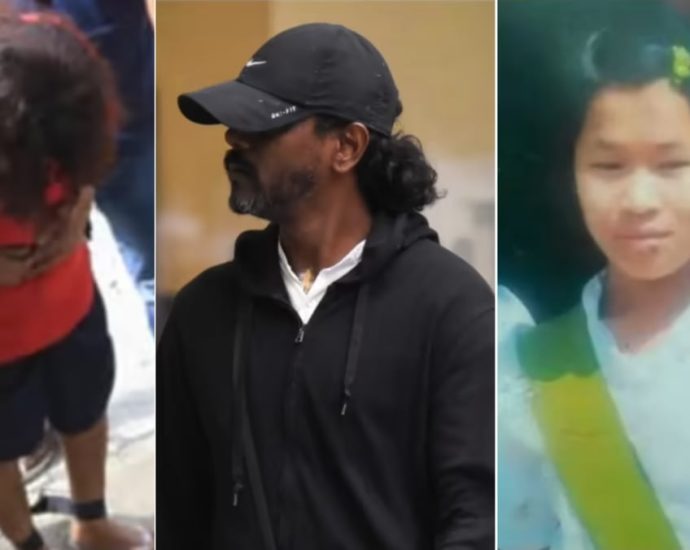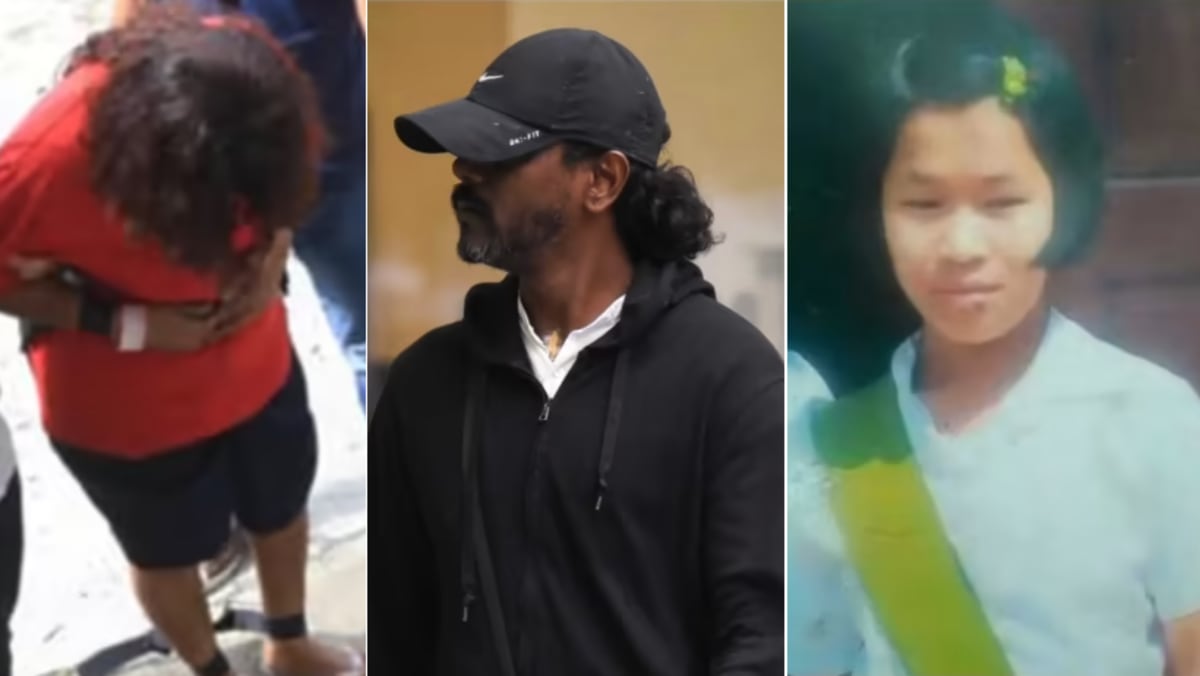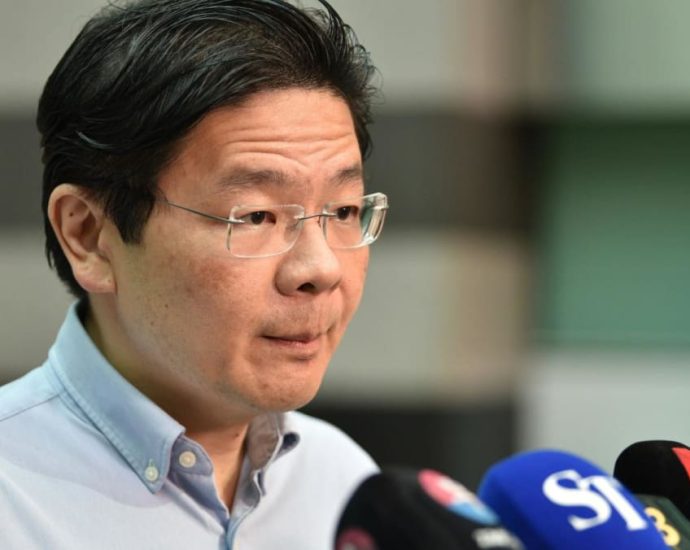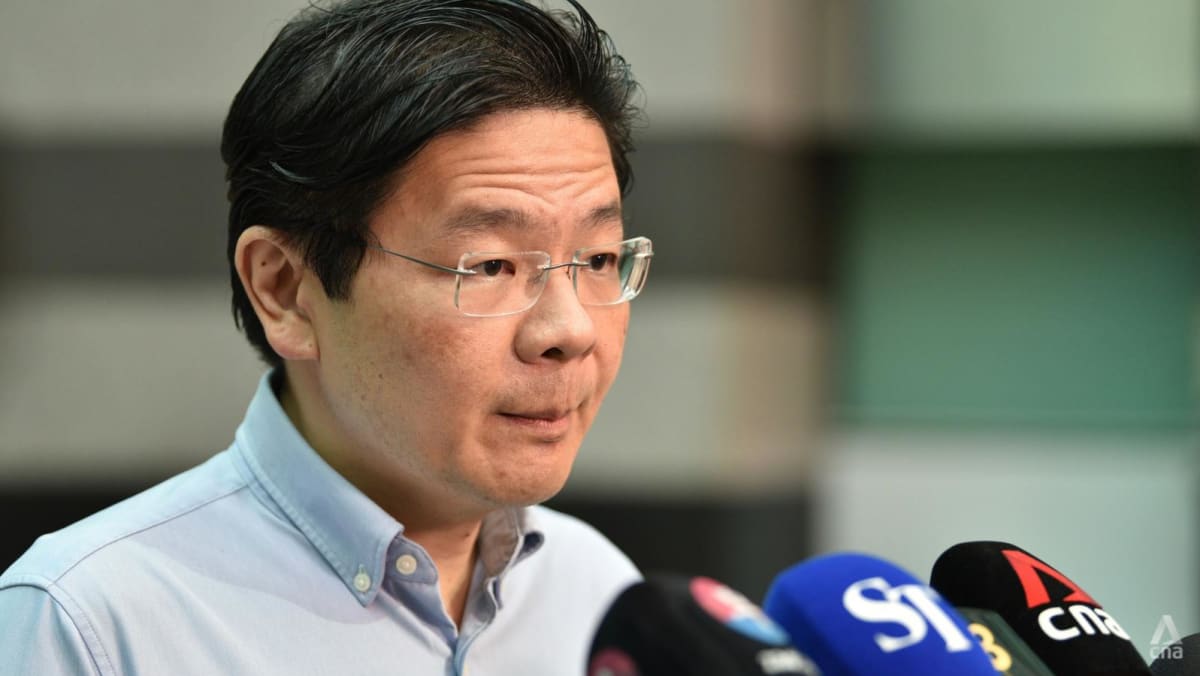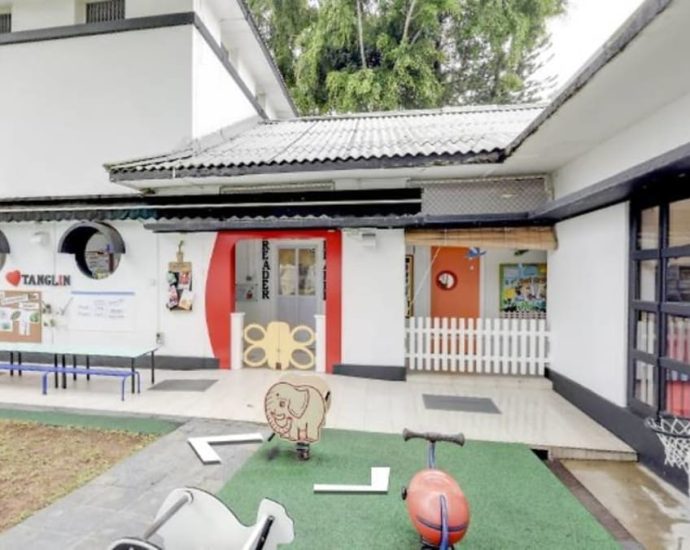Financial abuse and women: How to spot red flags and where victims can get help in Singapore

Right after Anna got married, her husband insisted on knowing about all the transactions in her bank account, even when the activity did not concern him.
He told her that as her husband, he should oversee all their money. He also said that he wanted to take care of her, and didn’t want her to work or worry about finances.
But this wasn’t the case, in reality. Anna found it difficult to ask her husband for money – he would question her and make her feel guilty for wanting to buy anything.
“Once, my shirt was torn and he asked whether I really needed a new shirt and kept grumbling that it was a waste of money to buy a new one for me,” Anna said.
“I had no money except for the rare times he would give me cash to spend at the supermarket and I could keep the change,” Anna added. “Or when he’d give a little more than what I’d spent in a single receipt. Whatever few coins I could get, I would save secretly.”
When the couple had kids, it became even more difficult for Anna to ask her husband for money.
“I had to be the one taking care of the kids and buying them things,” she said. “But I wasn’t given any money for baby essentials like food and diapers or new clothes.”
She had to wait for her husband to buy what the kids needed or, when the situation was desperate, scrape together whatever she had from her secret stash to pay for them herself.
“Throughout those years of my marriage, I was so stressed and anxious yet I felt powerless,” Anna said. “I felt as though he was questioning me all the time for every single thing I needed to get for me, for our household, for our family — I always felt wrong to ask.”


